6 Steps to a Successful Acting Career helps connect everyone.
Get ready to feel footloose and have your dreams come true because 6 Steps to a Successful Acting Career just rolled into town spreading simple yet strategic moves.
Educational and entertaining, this DVD begins by identifying the spark, says writer/director Aaron Seals, who is also the founder & owner of NYCastings.com in New York, which has been one of the leading casting companies for the last 10 years. Aspiring actors discover what ignites their passion for the entertainment industry and then journeys to every key career point; taking the trip of a lifetime over the course of just a couple hours.
To find out what sparked the idea for this DVD, I journeyed to the NYCastings office for a conversation with the creator of 6 Steps to a Successful Acting Career, writer/director Aaron Seals…
Q: Why did you decide on 6 steps?
Well, as I started out creating this video, all the information that I wanted to talk about just ended up nicely fitting into 6 easy-to-understand chapters. The other important words in the title are SUCCESSFUL and CAREER – And Successful meaning that your consistently working, and Career meaning that it’s a business plan that you peruse for years of your life.
The whole video lays out all the things you need to think about and plan out ahead of time so you can make all the right choices in the beginning.
Also given that this video was made for the person who is just starting to look into acting, the 6 steps make it easy to start thinking about the different elements that go into creating an acting career.
Q: Large Chunk of info all at once – what made you decide to offer so much?
I think it’s all the information that a person needs to hear, so they can completely understand how to start and then move on to competing with thousands of other actors in the major markets. For instance lets look at what’s covered:
Chapter 1
In the Beginning
These are the first steps that you may take from wherever you live. From starting in school plays, church organizations, community theatre, to producing your own productions at home with your home video camera. Basically getting the spark started and trying to get any kind of experience possible. Then we move on to discovering the “Major Markets’ like Hollywood and New York where most of the acting work happens.
Chapter 2
Types of Work
In this chapter the types of work are explored such as: Film, Television, Theatre, Commercials, Voice-Overs & Print Ads and how real working actors make their livings in these various forms of the media. Also what’s coverd are the actors unions, which regulate the actors pay scales and conditions.
Chapter 3
Skills Needed
In this chapter our experts talk about the skills you need to compete in the business. This is broken into 2 parts. The first are the Acting Skills you need, why you need great skills to compete and how actors train for these skills. The second part is the Business Skills you need. Business skills include researching the right people to know in the industry, understanding and following industry standards, and the basic business how-to’s that will help get you from one level to the next in your journey.
Chapter 4
Marketing
Marketing covers the materials and tools of the trade that actors use like: Headshots, Resumes, the actors’ Video Reel, the Internet and more. To properly utilize these tools, it is also important to understand the Who’s Who in the business like: The Agent, The Manager & The Casting Director – What do they do, What do they look for and How to best attract them to a working relationship with you.
Chapter 5
Day to Day Business
This chapter explores what working actors do every day to keep working – like the hectic lifestyle of auditioning, preparing for auditions, finding projects to audition for, rehearsing, communicating with your agents & manager and balancing this all with your personal life and day jobs.
Chapter 6
Levels
Levels is all about the beginning steps to moving up the ladder of success to better acting roles, better paying jobs, getting better representation; then over to the do-it-yourself approach of producing your own productions and really creating the career you want.
So you can see by the end of the 6th chapter, there is quite a bit that goes into managing an acting career. However, learning how show business operates and what working actors do really isn’t too complicated, it’s more about developing yourself in your art, your life and equally in business.
Q: What do the guest speakers have to offer that’s not been heard before?
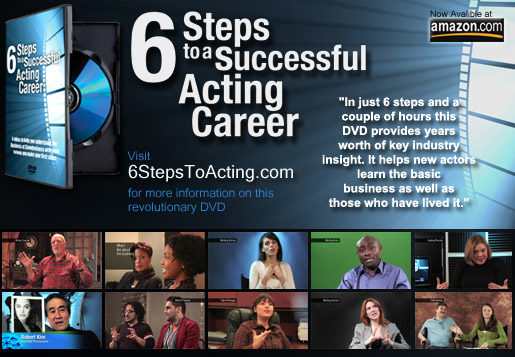 Well to start, who knows what someone’s heard or read before? It could be great information or it could be awful and/or out of date. Or maybe they’ve heard nothing before, which is why this is perfect for the aspiring actor.
Well to start, who knows what someone’s heard or read before? It could be great information or it could be awful and/or out of date. Or maybe they’ve heard nothing before, which is why this is perfect for the aspiring actor.
Now, what people will really appreciate with our experts is not only have they been working in show business for years and they are SUCCESSFUL at it (you can read their bios on 6StepstoActing.com), but the way they talk about their experiences is very easy to understand for anybody, and also many viewers can relate to the same situations and experiences that our actors have had, such as growing up in a small town with no acting scene available. It’s much like you’re sitting down with 13 showbiz vets and having a conversation about the acting business.
And actually one of my favorite chapters is the special section for kids and their parents. This is interesting and unique because this is a team effort, where the child has to develop their acting skills, and the parent must learn all about the business of acting, and both parties must make it work harmoniously between them.
Also as we’re talking to our experts, we have text pop up on the screen explaining terms and giving information of what to research on the companion website 6StepstoActing.com. I don’t feel it’s enough to just listen to someone talk. A person must do research on the business to understand the how’s and who’s to make their first steps.
Q: How would you describe the direct benefit of this DVD to aspiring actors?
Easy, it’s first hand experience from people you will eventually have contact with, like a Talent Agent, a Personal Manager, the Casting Director, the Acting Teacher, etc. That provides the foundation for you to then research what’s right for you.
For example, lets say a kid in high school wanted to become an actor, they tell their parents and they get this video, start learning about the industry – how to start, the types of work, actor unions, how to find auditions, how to find out about who’s who and on and on. Then the website can point them in the directions of where to study, what publications working actors read and use to get auditions, etc. All in the different parts of the country. Be it New York, LA, Chicago or anything else. All the rules are the same, it’s just the who’s who, and where to find auditions will change.
Q: Do you think that any actor, at any level, can get something out of this DVD or is it more of a beginning 6 steps?
An actor who has some or a lot of experience could appreciate this video’s content, especially the last few chapters, but this video was made for someone who has no idea what to do or where to start, young or older.
Q: This DVD touches on so many factors – is it too much info for a beginning actor?
That’s the beauty of a DVD, you can watch it over and over again, and as you do your research you can refer back to it. Not to mention, aspiring actors can communicate with other people across the country on the same topics of interest on the related WebPages for the DVD – facebook, twitter, etc.
Q: Seems as if this DVD brings an LA style industry education to anyone living anywhere. Say someone in the Midwest buys this and gets the acting bug… then what?
Then they can just follow the video and start seeking out opportunities near them, such as: school plays, church plays, local community theatre. Also many people start by making home movies, and getting things going online. Once you get the acting bug, it’s time to take things more serious. You start researching acting schools and programs (short term and degree) and you can also start reading the same trade papers and websites that working actors read. All these steps eventually lead an aspiring actor to the same place, which is going to the cities where acting work is plentiful and competing with the local pool of talent from around the world.
Q: The style of the DVD seems very sharing focused versus straightforward teaching and instruction. Was this on purpose?
Yes for sure, because there aren’t many givens in this business, everything is theory, and situations like ‘this work for this person, and that worked for that person,’ but no two people are the same, and no two acting careers are the same or happen in the same amount of time or in the same way.
The things we can look at in text book form are things like, where to find auditions, who the top agents are, what jobs pay, who’s casting the show you want to be in, contracts, memorizing lines, showing up on time, hitting all the right notes in a song, etc., but there are no golden rules for things like what talent is, how will people respond to you, what will happen to the production you just finished, how many years before this or that happens. And not to mention how you will deal with the situations that come your way, like your ‘Big Break’ or the opposite, not getting the roles you want.
So in all, an actor just has to be well educated on how the industry works, and how to roll with the situations that come your way.
Q: What are some of the underlying learning tid bits that one can get from this DVD that are not directly said?
I think they probably were said, but basically the more serious you take this business the better it will pay off, both in self-fulfillment and in hard cash. Also once you step into acting as a profession, you’re doing the same things that the biggest stars are doing – being either looking for work or creating your own opportunities.
Q: The 6 steps title makes me think of a self-help process. In what ways does this DVD help an actor, or aspiring actor, self-evaluate and learn more about themselves?
Well, in the first chapter, or step, we talk a lot about getting ‘the spark’ started, as in finding out what you love to do. For example, if you loved being in your first school play, then you know your onto something real, and you should continue to seek out these types of situations of being an entertainer. Once you know you love it, then you can look into the next step, which is, what kind of work you really want, then where to go to get those jobs, and so on. So this video teaches us to seek out what brings us the most joy, and how to look at a whole business and dissect it into smaller parts so you can peruse it 1 easy step at a time.
Q; How can actors get the DVD?
Currently it is sold for $19.95 at Amazon.com, on the 6StepstoActing.com website, the NYCastings office, and to a retail store near you soon. Ask for it if you don’t see it.
To receive more information about 6 Steps to a Successful Acting Career become a fan on facebook, youtube, and twitter.

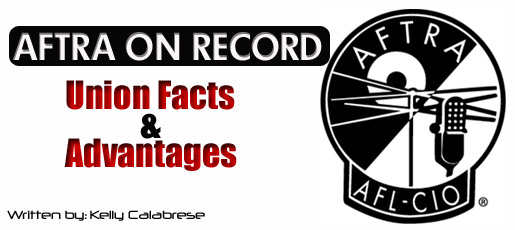
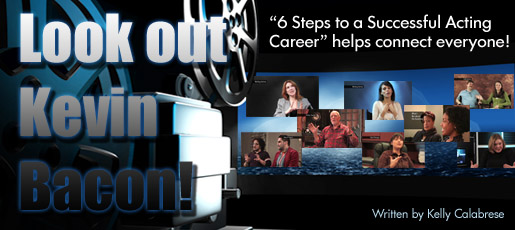
 Well to start, who knows what someone’s heard or read before? It could be great information or it could be awful and/or out of date. Or maybe they’ve heard nothing before, which is why this is perfect for the aspiring actor.
Well to start, who knows what someone’s heard or read before? It could be great information or it could be awful and/or out of date. Or maybe they’ve heard nothing before, which is why this is perfect for the aspiring actor.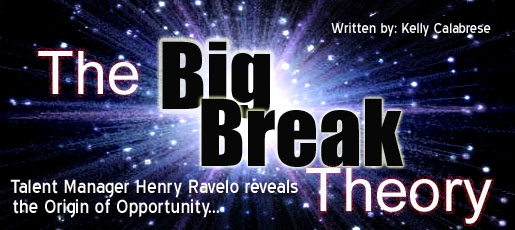


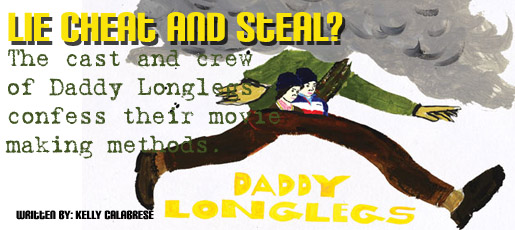
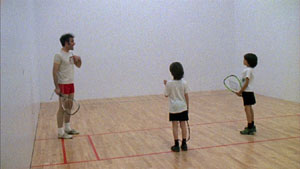 To keep it real, the film shot in New York because the directors grew up there. It’s our vocabulary, Josh Safdie says.
To keep it real, the film shot in New York because the directors grew up there. It’s our vocabulary, Josh Safdie says.  If you’re forced to interact with people who don’t know you’re acting you can’t break at any point, Ronnie says. Especially the character I’m playing. He’s so hostile. If he breaks he’ll get beat up. If you’re playing a practical joke on a friend you can stop at any time. Once you start playing it on the world, on strangers, you’ve got to go all the way.
If you’re forced to interact with people who don’t know you’re acting you can’t break at any point, Ronnie says. Especially the character I’m playing. He’s so hostile. If he breaks he’ll get beat up. If you’re playing a practical joke on a friend you can stop at any time. Once you start playing it on the world, on strangers, you’ve got to go all the way. To keep the believability strong, Josh and Benny had the acting begin as soon as the cast showed up. They would meet the day before filming and discuss the importance of the film and the emotions so that there was nothing to speak about while filming except for minor details.
To keep the believability strong, Josh and Benny had the acting begin as soon as the cast showed up. They would meet the day before filming and discuss the importance of the film and the emotions so that there was nothing to speak about while filming except for minor details.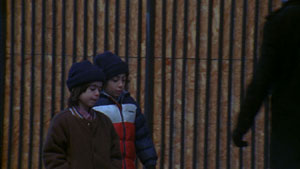 And their mother plays the real mother in the movie. When she was younger she had aspirations to be an actor, but that’s not why we cast her. The casting process was a documentary type of thing. A glance of dances, Josh says.
And their mother plays the real mother in the movie. When she was younger she had aspirations to be an actor, but that’s not why we cast her. The casting process was a documentary type of thing. A glance of dances, Josh says. 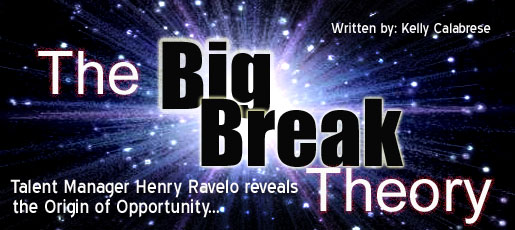
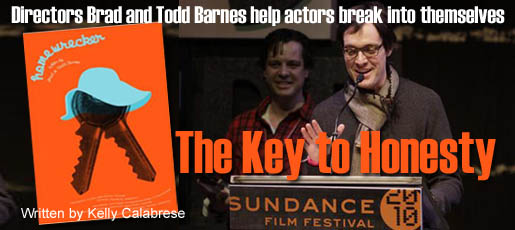
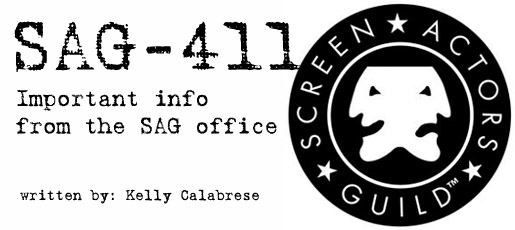
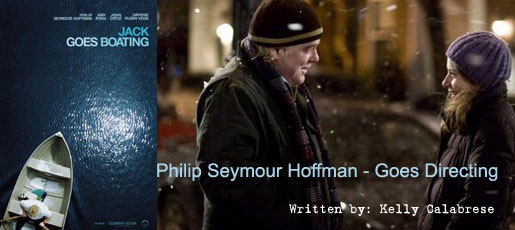
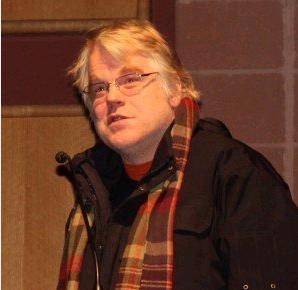 We rehearsed a lot but the history helps, says Philip. I honestly did think let us be us around each other’ and we were. You see that in the movie. The things that are happening in the movie are real. A lot of things we say to each other in the film we mean. That’s why when Daphne lets loose the demon of resentment it was so hard. There is a lot of history but it’s good to let the history be and not let it get in the way.
We rehearsed a lot but the history helps, says Philip. I honestly did think let us be us around each other’ and we were. You see that in the movie. The things that are happening in the movie are real. A lot of things we say to each other in the film we mean. That’s why when Daphne lets loose the demon of resentment it was so hard. There is a lot of history but it’s good to let the history be and not let it get in the way.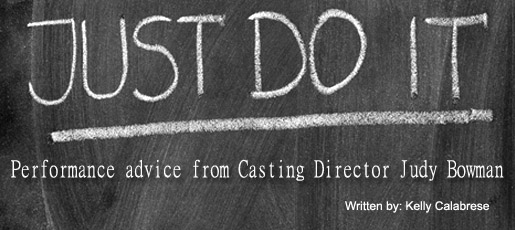
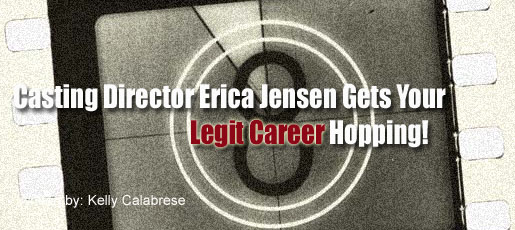
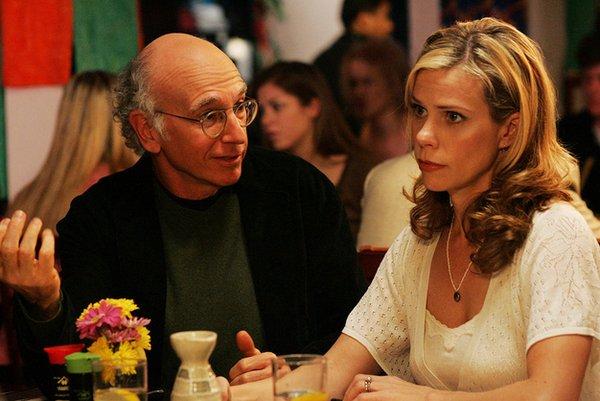
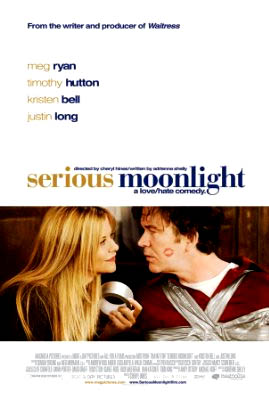 As a first time director, Cheryl felt honored to take on the project. I worked with Adrienne Shelly on Waitress and got an invite to direct Serious Moonlight. What are the odds on that? Like a bazillion to one? Cheryl laments. I wondered… Should I do it? Could I do it? Then I read the script and loved it so much I had to direct it. It was one of those moments in life I had to take a step back and look at the big picture. Two intelligent men were asking me to direct it. I figured it must be what’s supposed to happen.
As a first time director, Cheryl felt honored to take on the project. I worked with Adrienne Shelly on Waitress and got an invite to direct Serious Moonlight. What are the odds on that? Like a bazillion to one? Cheryl laments. I wondered… Should I do it? Could I do it? Then I read the script and loved it so much I had to direct it. It was one of those moments in life I had to take a step back and look at the big picture. Two intelligent men were asking me to direct it. I figured it must be what’s supposed to happen. 
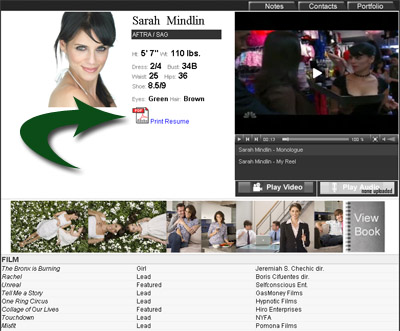 These 3 steps are…
These 3 steps are…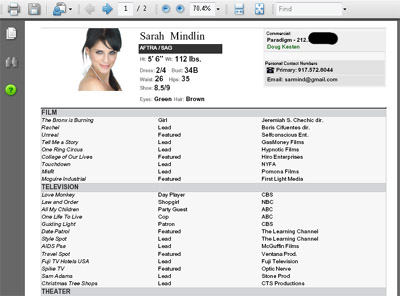 It also provides a link to your profile page so casting directors, agents, etc can see you have a web presence.
It also provides a link to your profile page so casting directors, agents, etc can see you have a web presence.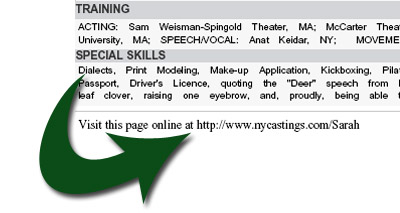 This PDF resume also has A 2nd use; for the casting director, says Aaron. If they don’t have your resume, they can go to your page and print it out directly.
This PDF resume also has A 2nd use; for the casting director, says Aaron. If they don’t have your resume, they can go to your page and print it out directly. 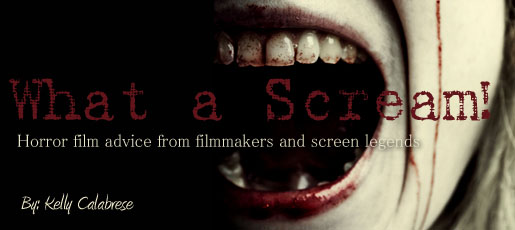
 Immediately you see vulnerability in a hero and an underlying menace in the killer. Something unique. Something stimulating. Horror films are very physical so there has to be something physically stimulating about the characters. It’s a tough act to pull off, to adapt to the circumstances and react as themselves would. To help, as a director, I made it as real and surprising as possible. We shot in an abandoned, haunted sanitarium. Everyone was on edge and frightened. We shot at night and actors got hit with blood. So much blood that they weren’t prepared and they really screamed. The best kinds of chilling horror scream, come from the throat, very shrill. It breaks up and jags people. Then the actor’s eyes sell the scene. You see sincerity, despair. Actors in horror films are meat for the killer and the audience wants them to live or they want them to die.
Immediately you see vulnerability in a hero and an underlying menace in the killer. Something unique. Something stimulating. Horror films are very physical so there has to be something physically stimulating about the characters. It’s a tough act to pull off, to adapt to the circumstances and react as themselves would. To help, as a director, I made it as real and surprising as possible. We shot in an abandoned, haunted sanitarium. Everyone was on edge and frightened. We shot at night and actors got hit with blood. So much blood that they weren’t prepared and they really screamed. The best kinds of chilling horror scream, come from the throat, very shrill. It breaks up and jags people. Then the actor’s eyes sell the scene. You see sincerity, despair. Actors in horror films are meat for the killer and the audience wants them to live or they want them to die. Boobs sell…
Boobs sell…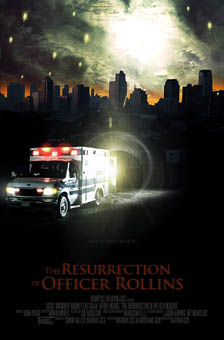 You don’t know it, but a zombies coming after you…
You don’t know it, but a zombies coming after you… Terror grows…
Terror grows…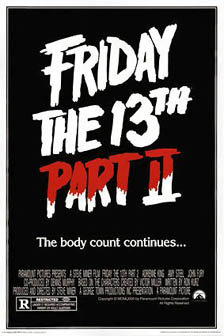 Come up with some sick things in your head…
Come up with some sick things in your head…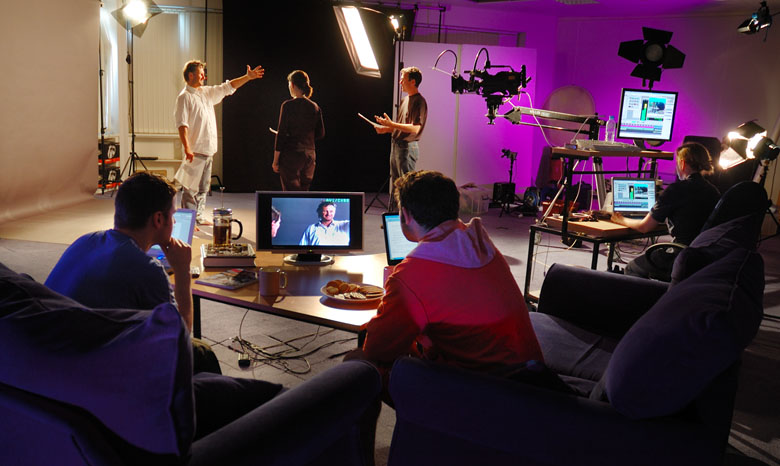
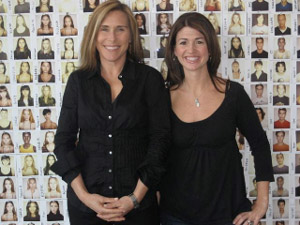 Speaking honestly, Brooke and Mary shared a lot of straightforward advice about commercial auditioning. And in line with their fun style, they scripted an on-the-spot… 30sec commercial bit that gives an inside look into the mind of casting director during audition experience! Stay tuned for that improv commercial piece, after the main show of questions (Q) and answers with Brooke (B) and Mary (M). Take one…
Speaking honestly, Brooke and Mary shared a lot of straightforward advice about commercial auditioning. And in line with their fun style, they scripted an on-the-spot… 30sec commercial bit that gives an inside look into the mind of casting director during audition experience! Stay tuned for that improv commercial piece, after the main show of questions (Q) and answers with Brooke (B) and Mary (M). Take one…